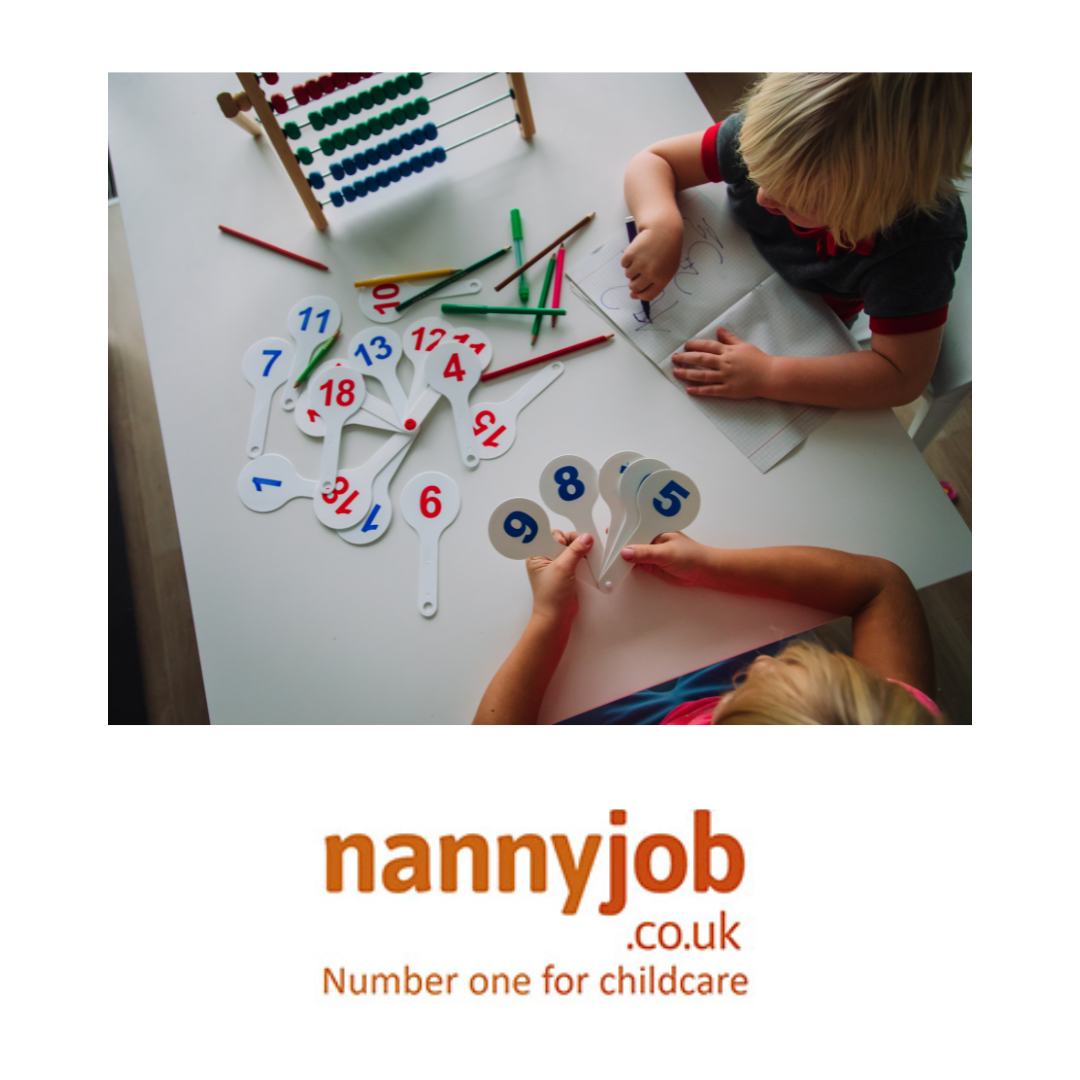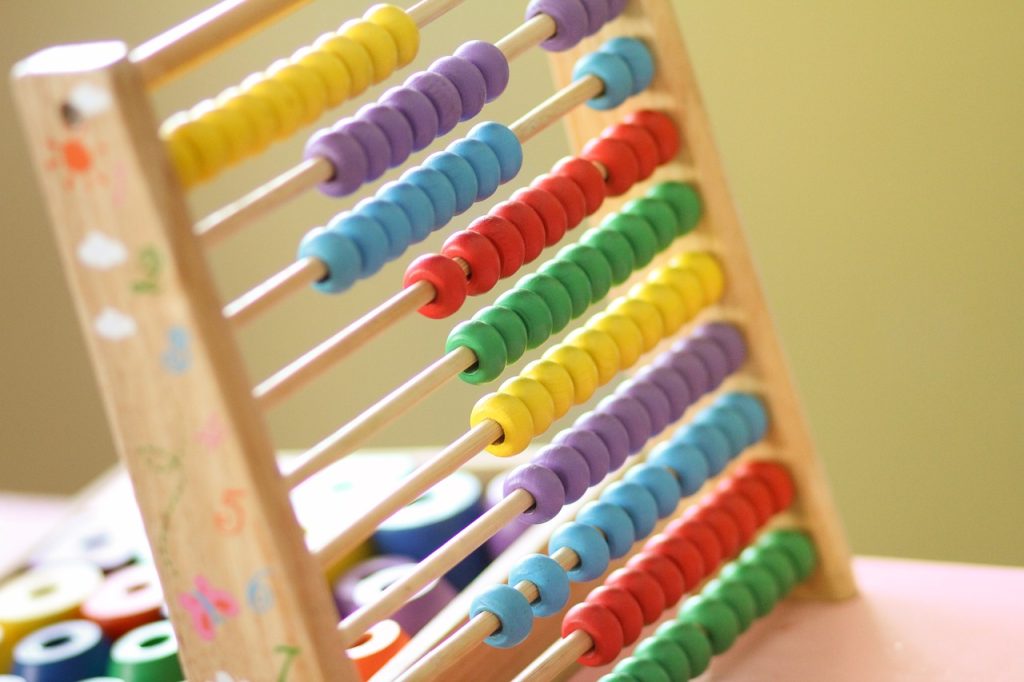Introduction
From shopping and cooking to telling the time and managing money, maths is all around us. It’s not just a subject taught in schools—it’s a life skill that children use every single day. As we celebrate World Maths Day, it’s the perfect time to highlight the importance of numeracy and how we can make learning maths fun, engaging, and relevant for children.
 Why Maths Matters
Why Maths Matters
Maths helps children develop:



Understanding how we use maths in real life helps children see it not as something “hard” or “boring,” but as a tool they already use all the time.
 Everyday Ways We Use Maths
Everyday Ways We Use Maths






The more we point out maths in the real world, the more children connect with it.
 Making Maths Fun for Children
Making Maths Fun for Children

- Board games like Snakes & Ladders and Uno teach counting and number recognition
- Play shop with coins and price tags
- Do scavenger hunts with numbers and shapes

- Baking involves measuring, fractions, and timing—maths you can eat!

- Make patterns with shapes, count beads for necklaces, or fold paper into halves and quarters

- Use child-friendly maths games and apps to reinforce skills in a fun, interactive way

- Read counting books or stories that include numbers and maths-based problem-solving

- Join activities online or at school
- Create a “Maths Around Me” challenge
- Let kids come up with maths questions based on their day
 How Parents and Caregivers Can Support Maths Learning
How Parents and Caregivers Can Support Maths Learning
- Praise effort, not just getting the answer right
- Talk about maths positively—avoid phrases like “I’m not good at maths”
- Encourage everyday maths moments and include children in decisions like budgeting for groceries
- Ask open-ended questions like, “How many do we need?” or “What would happen if we used half the amount?”
 Final Thoughts
Final Thoughts
Maths isn’t just for the classroom—it’s a part of daily life. Helping children see the relevance of numbers builds confidence, sparks curiosity, and gives them a solid foundation for the future.
So this World Maths Day, let’s celebrate the joy of numbers and show children just how much maths matters!




